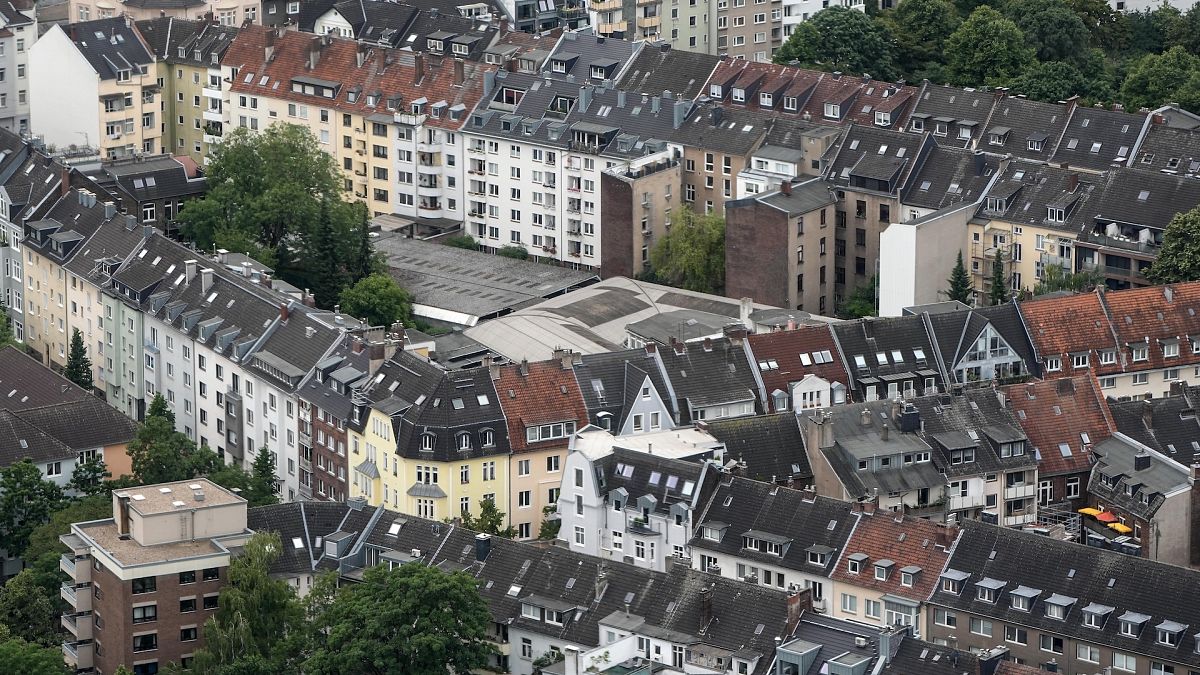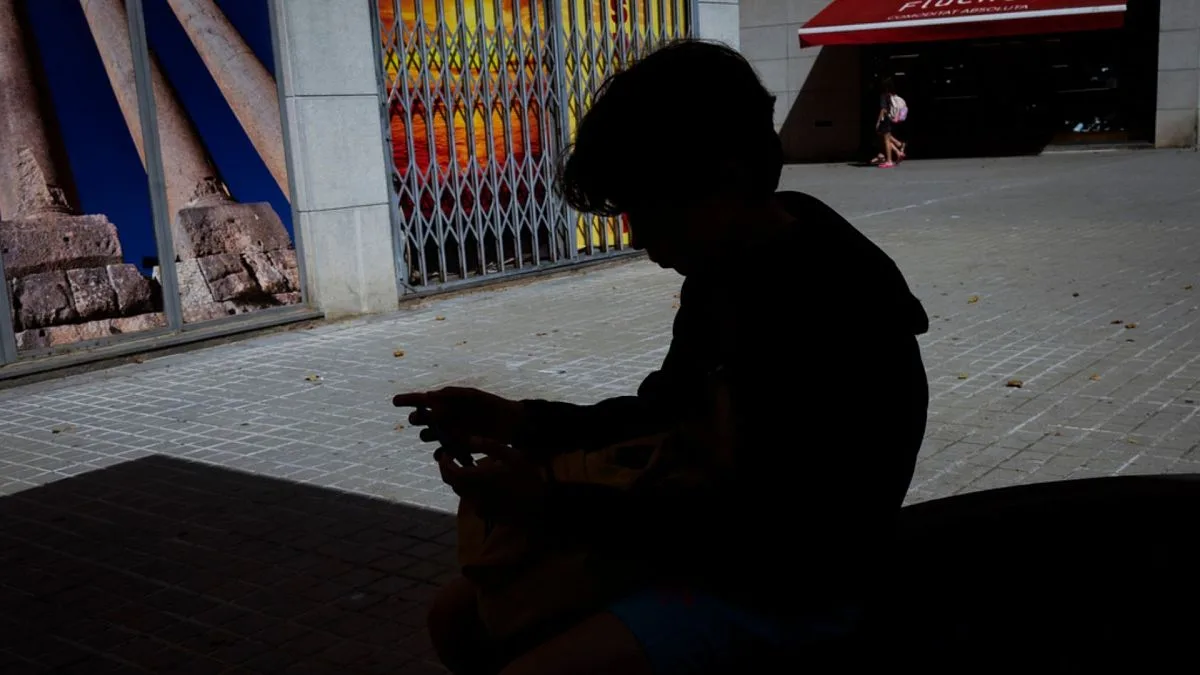A significant number of Europeans are forced to make difficult choices between food and housing, according to a recent study.
The 2024 Housing Trend Report from RE/MAX Europe reveals that over 10% of Europeans have reduced their food intake or cut back on essential everyday items to manage soaring housing costs over the past year. The consumer survey which included thousands of participants indicates that average housing expenses in Europe have increased by an astonishing 54% recently.
While 37% of Europeans are managing to pay their housing bills, they still report that their budgets are tight, and nearly 19% are struggling to make ends meet.
On average, households in Europe allocate about 38% of their income towards rent or mortgage payments along with utility bills, with Slovenia (43%) and Portugal (42%) facing the highest financial strain. Conversely, residents in Switzerland report a lower burden at 30%.
To cope with rising costs, a significant 80% of survey respondents have begun to cut back on various expenses. Notably, 41% have chosen to limit social activities, while 40% have reduced spending on vacations and luxury items. Alarmingly, 16% have specifically trimmed their food budgets, with Austria and Finland showing the highest rates of food spending cuts at 26%.
When Cutting Back Doesn’t Suffice…
Additionally, 15% of Europeans reported turning to borrowing to meet their housing costs, with Turkey (32%), Bulgaria (22%), and Romania (20%) showing the greatest tendencies toward this trend. Among those who have borrowed, one-third have used credit cards to cover housing expenses, while about 27% sought help from family and friends. Other methods include using overdrafts (25%) and unsecured bank loans (23%).
Looking ahead, nearly half (48%) of Europeans expect further increases in housing costs over the coming year.
In light of these challenges, many are contemplating significant lifestyle changes: 32% of respondents would consider relocating to a smaller city or town for a more affordable lifestyle, and 24% are open to moving abroad. However, 21% indicated they are not willing to relocate at all.
Sustainability Takes a Backseat
The survey highlights that 18% of Europeans struggle to pay their energy bills, particularly in Greece, where that number rises to 36%. Many households prioritize immediate expenses over long-term sustainability, leading to a decrease in interest in eco-friendly home improvements.
Despite the high costs, over a quarter of respondents (27%) are still considering installing solar panels, with slightly fewer (25%) thinking about double-glazed windows. Interest in rainwater harvesting and heat pumps is lower, with only 20% expressing that they would consider these upgrades.
Almost half of those surveyed indicated that increased government support or subsidies could encourage them to adopt energy-efficient measures.
Where Are Europeans Content with Housing Costs?
Despite widespread concerns about housing affordability, satisfaction with housing remains relatively high in certain regions of Europe.
Notably, the Netherlands and Romania emerge as the most content, with 84% of respondents expressing satisfaction with their living conditions. This positivity is likely due to a high rate of homeownership and the availability of quality housing. Overall, 76% of Europeans report satisfaction with their housing.
In contrast, dissatisfaction is prevalent in countries like Malta, the Czech Republic, Slovenia, Hungary, Turkey, Greece, and Ireland. Many residents cite a lack of space as a primary reason for dissatisfaction, particularly in Poland, where 58% have expressed this concern, exceeding the European average of 37%.
Cost is another predominant factor, with one-third (33%) of the dissatisfied respondents indicating that their properties are too expensive. Malta sees this figure soar to 53%, with Ireland and Finland also reporting high rates of dissatisfaction at 48% each.
Moreover, nearly half of dissatisfied residents in Portugal reported issues with dampness or mold, while in the Netherlands, one-fifth identified hygiene and pest-related problems.
Photo credit & article inspired by: Euronews



